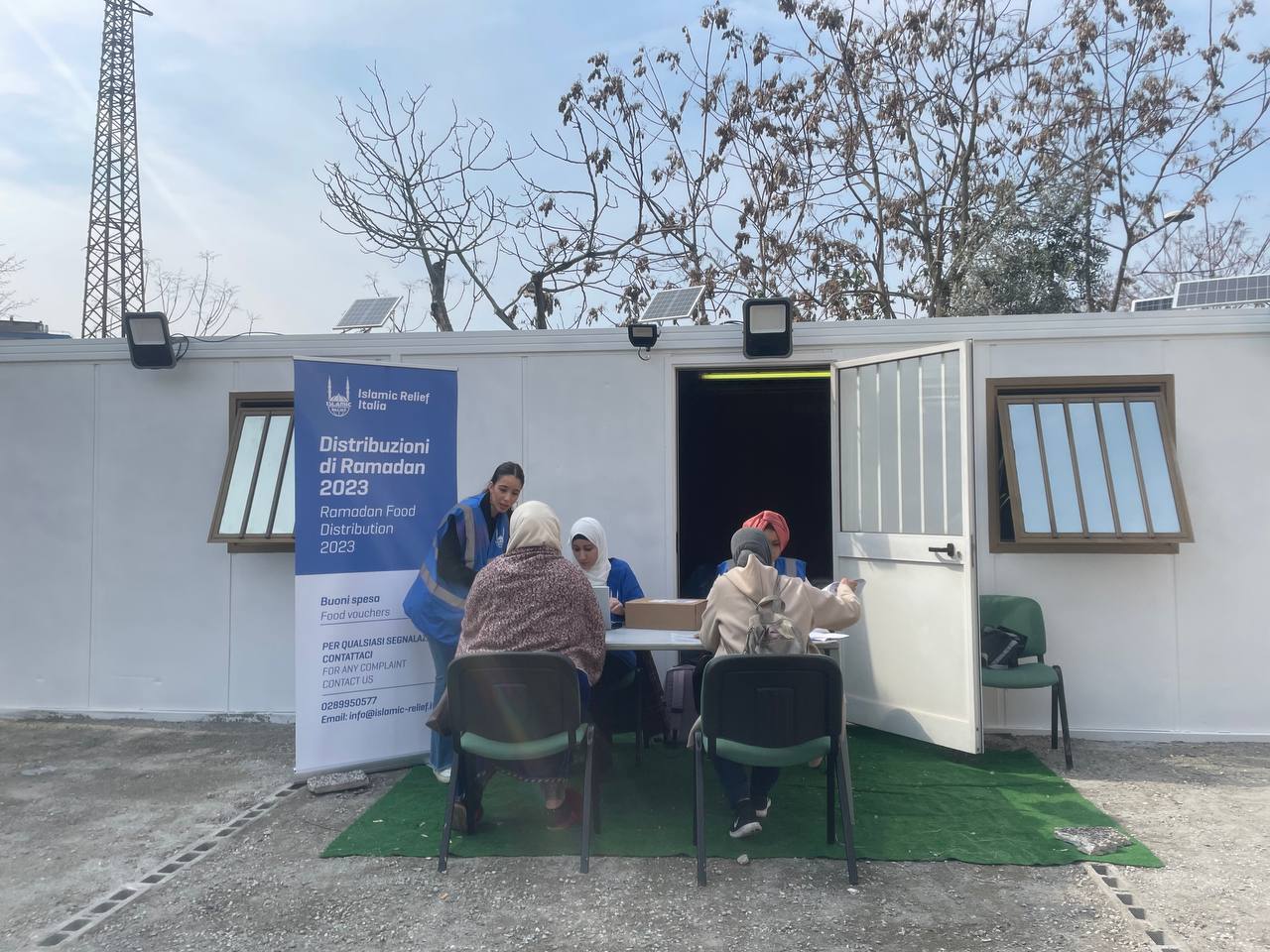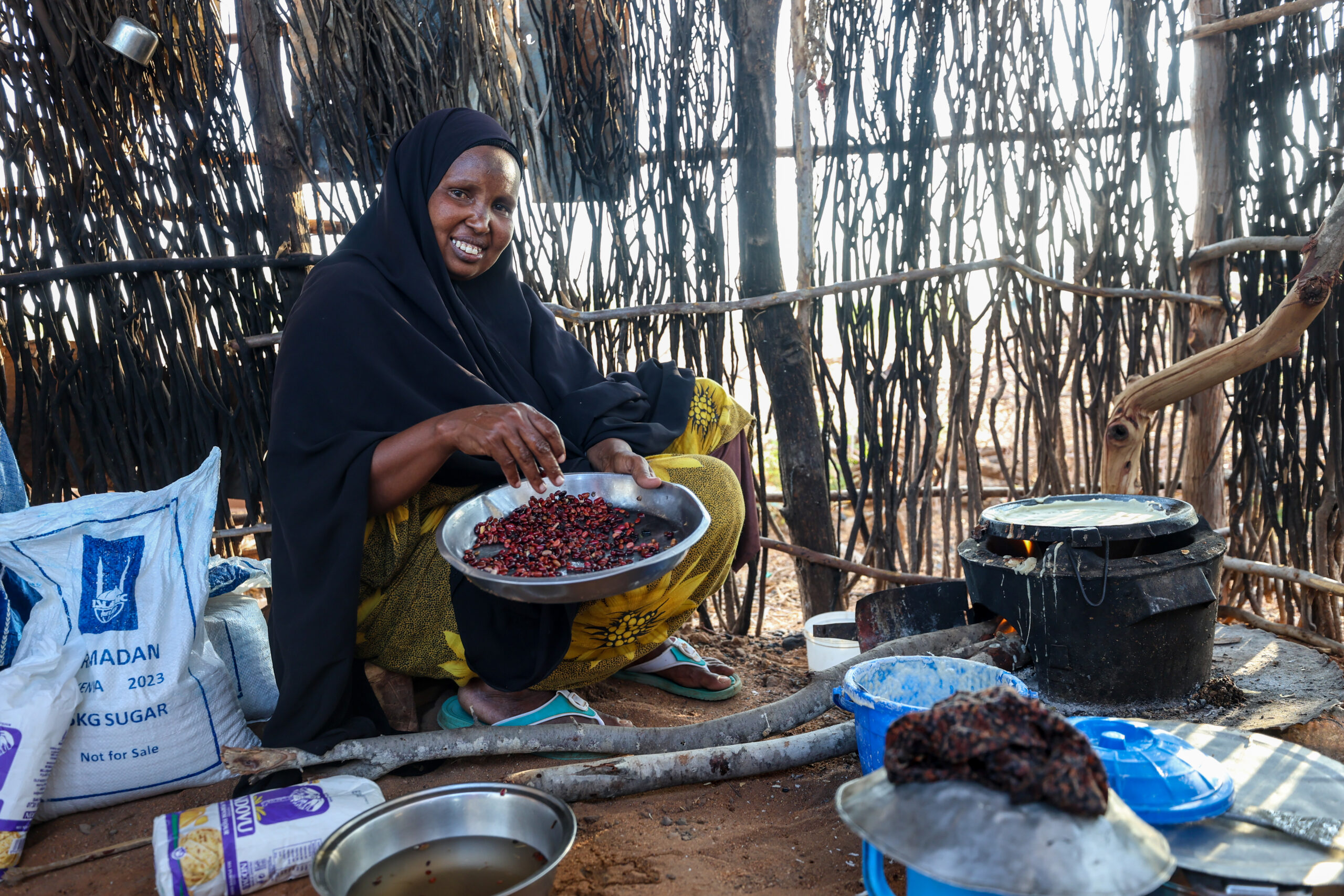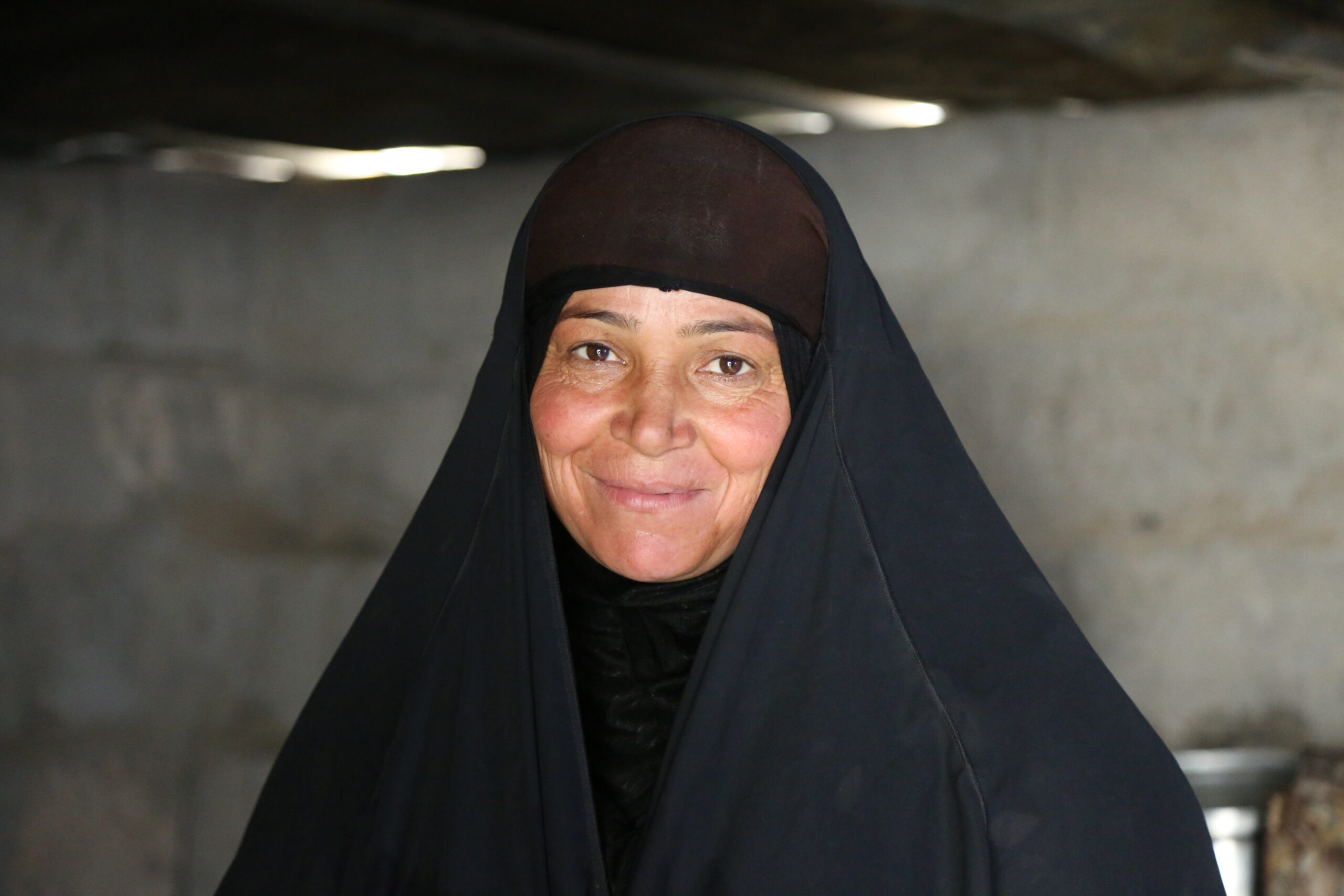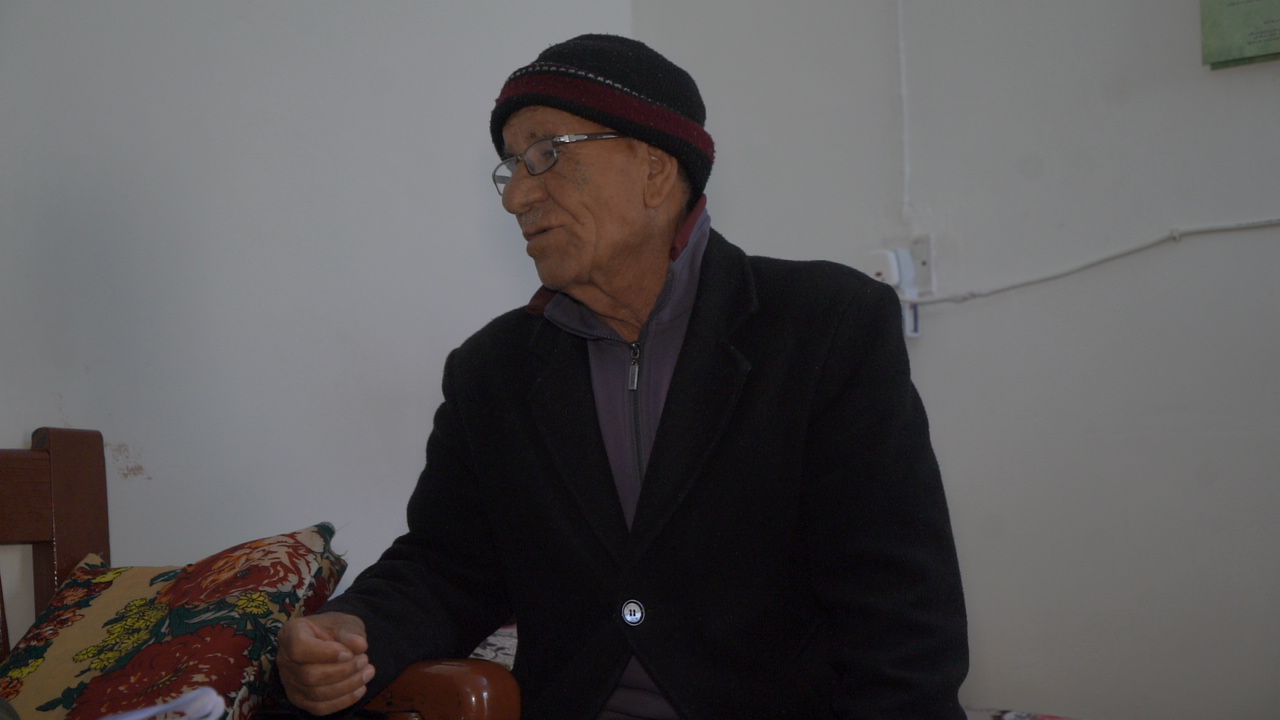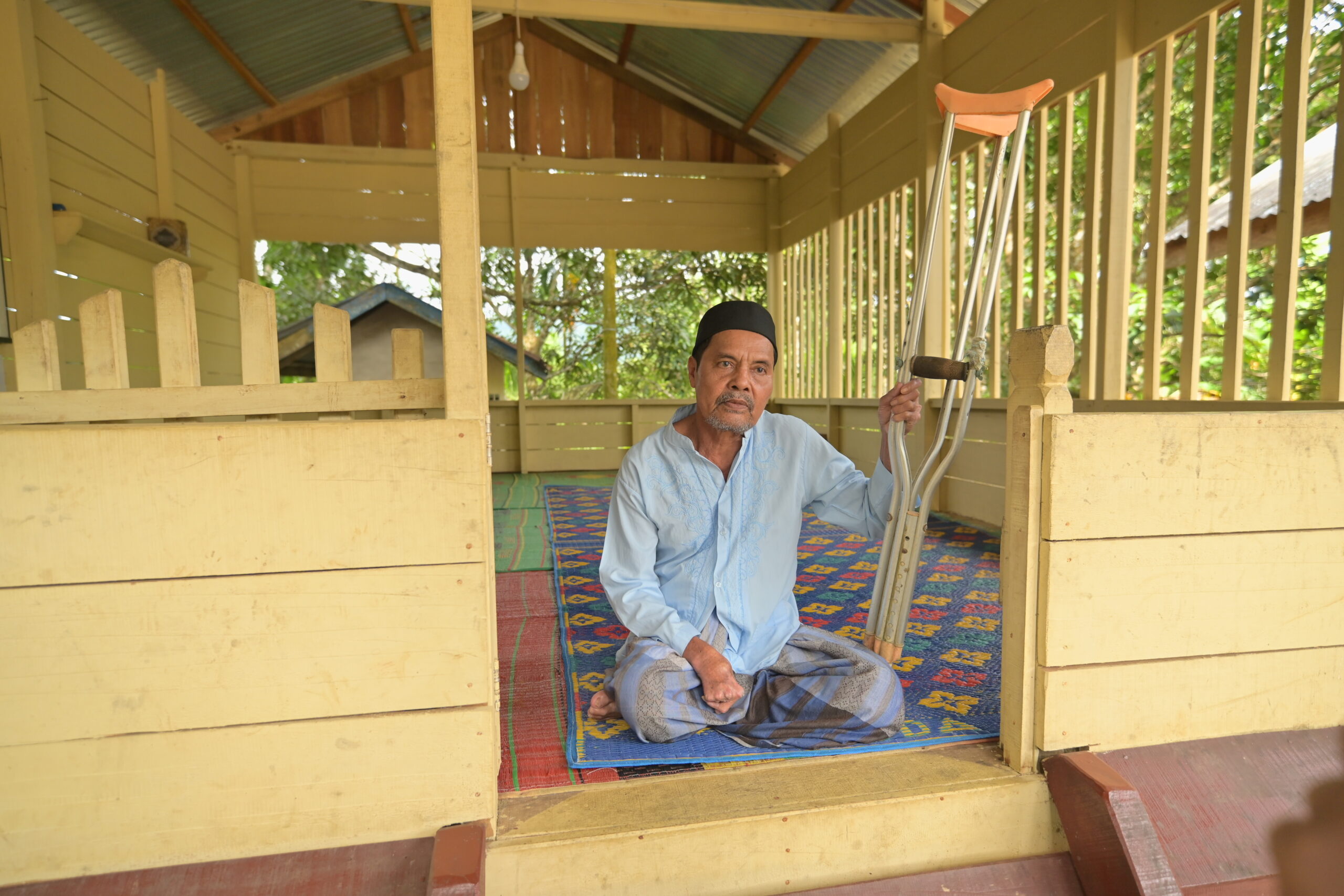
04.16.23
Ramadan and Fasting: Why and how do Muslims Practice It?
Fasting during Ramadan is one of the Five Pillars of Islam. During this month of the Islamic Calendar, Muslims worldwide abstain from eating, drinking and other physical needs from dawn to dusk.
When we fast during Ramadan, we purify our souls through self-reflection and gratitude. It’s what makes fasting a beautiful way for us to strengthen our connection to Allah (SWT), bringing us numerous benefits.
The Benefits of Fasting During Ramadan
Fasting during Ramadan has many benefits, physically, mentally and spiritually.
Physically, fasting can help to cleanse the body and promote weight loss. It can improve insulin sensitivity and lower the risk of chronic diseases such as diabetes and heart disease.
Fasting also helps with our mental health. Through it, we can improve mental clarity and focus, and promote a sense of discipline and self-control. Fasting during Ramadan is also a time of community. Muslims from all walks of life come together to break their fasts and share meals.
However, the spiritual benefits of fasting are the most significant, especially during Ramadan. Fasting during Ramadan allows us to develop a deeper sense of empathy for those who are less fortunate and to appreciate the blessings in their own lives. It also is an extremely beloved act of worship.
In one hadith, the Prophet (ﷺ) said,
“(Allah said), ‘Every good deed of Adam’s son is for him except fasting; it is for Me. and I shall reward (the fasting person) for it.’ Verily, the smell of the mouth of a fasting person is better to Allah than the smell of musk.”
Sahih Bukhari
This is what makes fasting during Ramadan such a valuable experience. As it brings us closer to Allah (SWT) and earns us numerous blessings in this life and the hereafter.
Who is Exempt from Ramadan Fasting?
Fasting is mandatory for most healthy adults (which includes children who have reached puberty), but there are certain situations in which one may be exempt from fasting.
In the Quran, Allah (SWT) says,
“[Fasting for] a limited number of days. So whoever among you is ill or on a journey [during them] – then an equal number of days [are to be made up]. And upon those who are able [to fast, but with hardship] – a ransom [as substitute] of feeding a poor person [each day]. And whoever volunteers excess – it is better for him. But to fast is best for you, if you only knew.”
Al-Baqarah, 2:184
Within this verse, the main groups of people exempt from fasting include:
Elderly people who are too weak or ill to fast
A number of elderly people have chronic medical conditions such as diabetes, heart disease and kidney disease. While elderly Muslims can still fast if they’re able, they’re also allowed to break their fast and consume food or drink to manage their health conditions.
Pregnant women and nursing mothers (if fasting will hurt their or their baby’s health)
In some cases, fasting can be harmful to the health of both the mother and the baby. If it prevents the expectant or new mother from consuming enough nutrients to support their own health and the health of their child, they are allowed to break their fast.
Women who are menstruating or experiencing postpartum bleeding.
Women who are on their period or are experiencing bleeding after childbirth are exempt from prayer and fasting. However, women on their menses must resume fasting after they finish their period. Whereas a new mother who’s just finished with postpartum bleeding may not fast if they are breastfeeding and it is better for her and her baby’s health.
People with certain medical conditions (where fasting is dangerous for them)
Conditions such as severe anemia, cancer and mental illness can make it hard for one to fast. While someone with these types of medical conditions can still fast if they’re able, they may also break their fast and consume food or drink to manage their health conditions.
Travellers who are on a journey (exceeding a certain distance and duration)
While the distance and duration requirements vary depending on the Islamic school of thought, most scholars agree that travellers who are on a journey more than 80 kilometres from the border of the city they live in for three days or more are exempt from fasting.
For all these exempt categories, Muslims are still expected to make up the missed days of fasting at a later time once they are able. However, if they are unable to fast, they must provide food to those in need for each fasting day missed in Ramadan as compensation, which is also known as Fidya (Fidyah).
What Breaks Your Fast During Ramadan?
In addition to knowing who is exempt from Ramadan fasting, it is also important to understand what breaks your fast. Intentionally eating or drinking anything, engaging in sexual activity, smoking and intentionally vomiting all break the fast.
However, it is important to note that forgetting that one is fasting and eating or drinking something does not break the fast. If an individual unintentionally breaks their fast, they can simply resume fasting for the remainder of the day without having to make up for it at a later time.
As the Prophet (ﷺ) said,
“Whoever forgets that he is fasting and eats or drinks, let him complete his fast, for it was Allah who fed him and gave him to drink.”
Bukhari and Muslim
However, if an individual intentionally breaks their fast without a valid reason, they must perform an act of repentance known as Kaffarah. Kaffarah requires an individual to feed 60 people in need or fast for two consecutive lunar months without a break for each fasting day intentionally missed.
What Else Affects One’s Fast?
While fasting is a physical act, it is also important to focus on the spiritual aspects of Ramadan. The purpose of fasting is to increase mindfulness and spirituality and to bring Muslims closer to Allah (SWT).
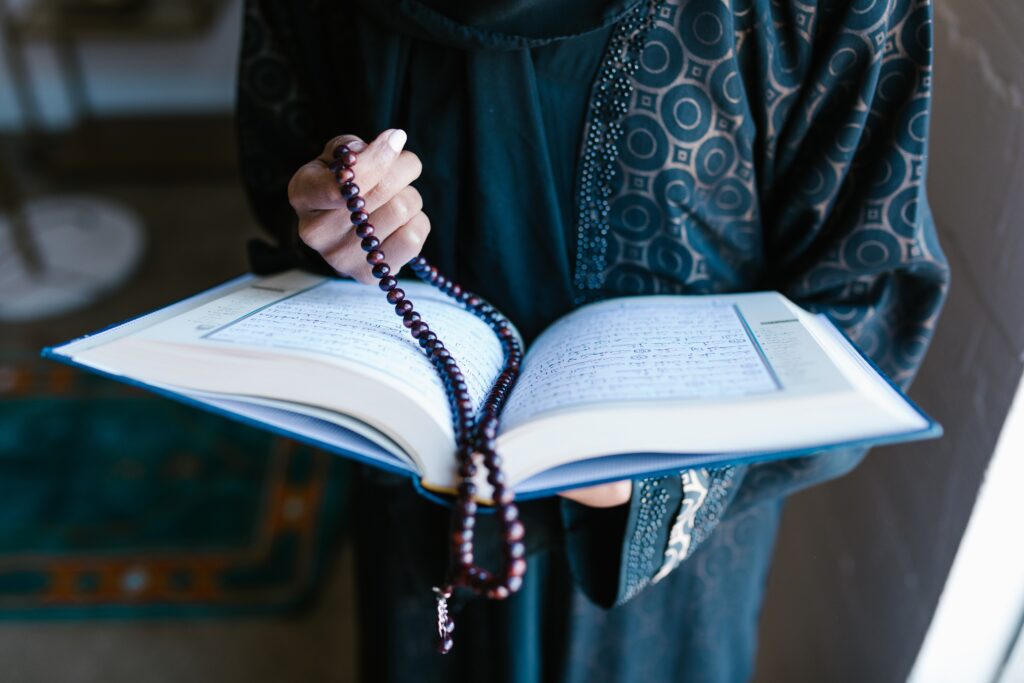
As such, engaging in behaviour that violates the spirit of fasting, such as lying, backbiting or engaging in harmful behaviour towards others, is discouraged during this holy month.
As the Prophet (ﷺ) said,
“Whoever does not give up false statements (i.e. telling lies), and evil deeds, and speaking bad words to others, Allah is not in need of his (fasting) leaving his food and drink.”
Sahih Bukhari
In conclusion, observing the rules and regulations of Ramadan fasting is important for Muslims as it encourages us to make the most of the blessed month for spiritual reflection and growth.
As rewards in Ramadan are multiplied more than any other time of the year, the benefits of properly observing fasting during Ramadan are numerous. May Allah (SWT) bless us all and accept our fasting and good deeds during this holy month, ameen!

